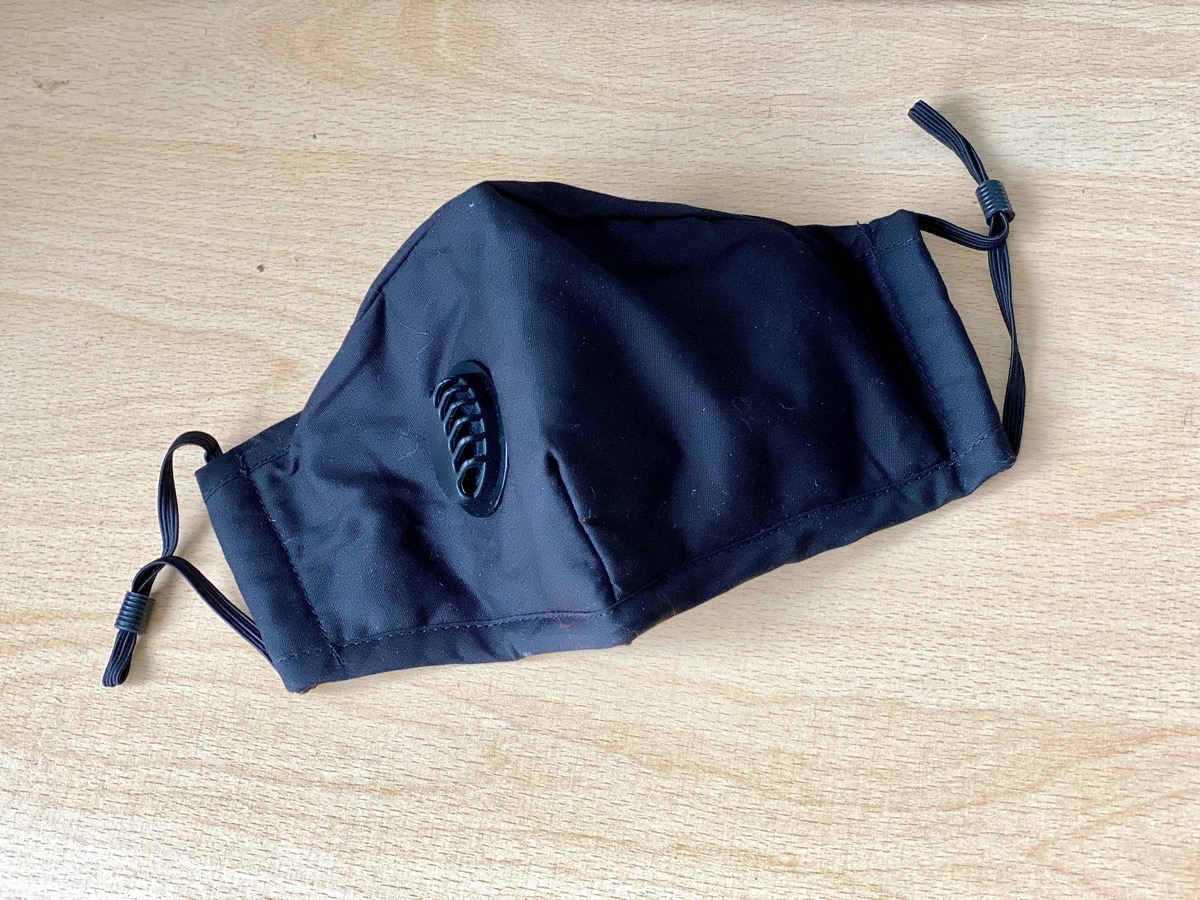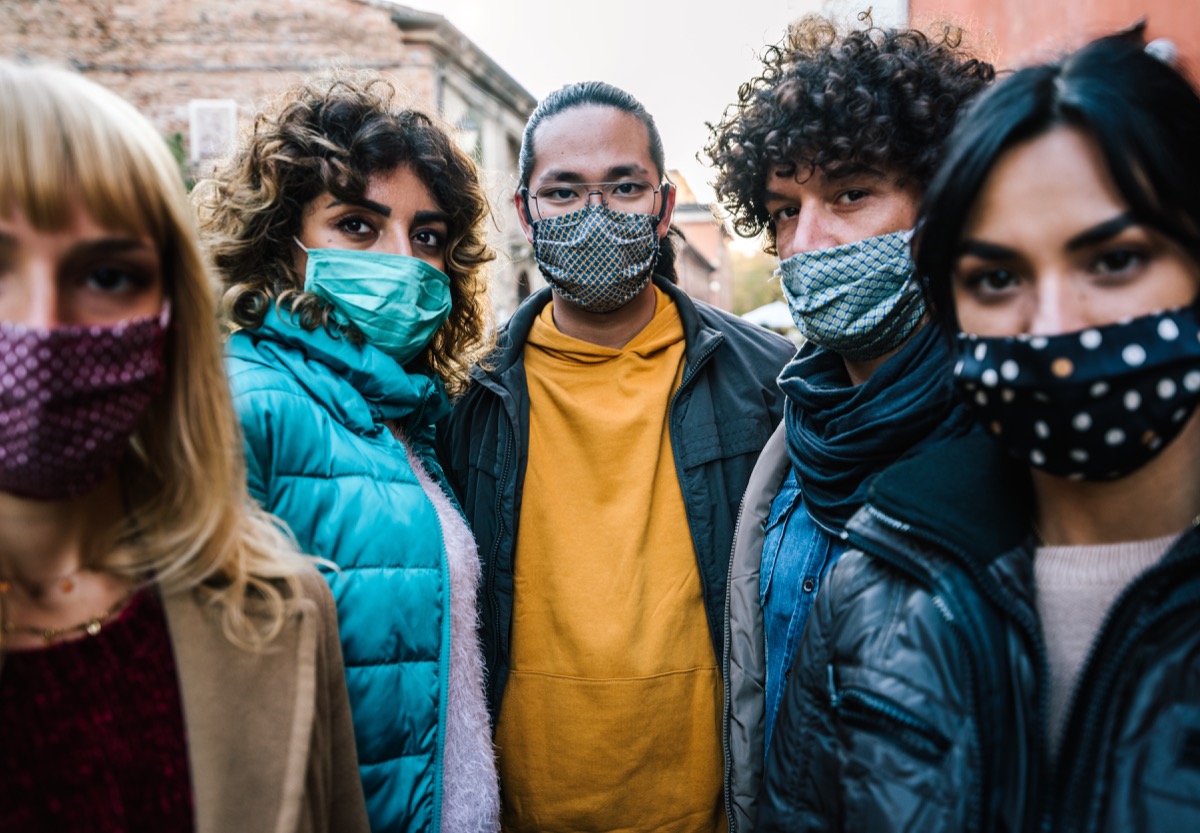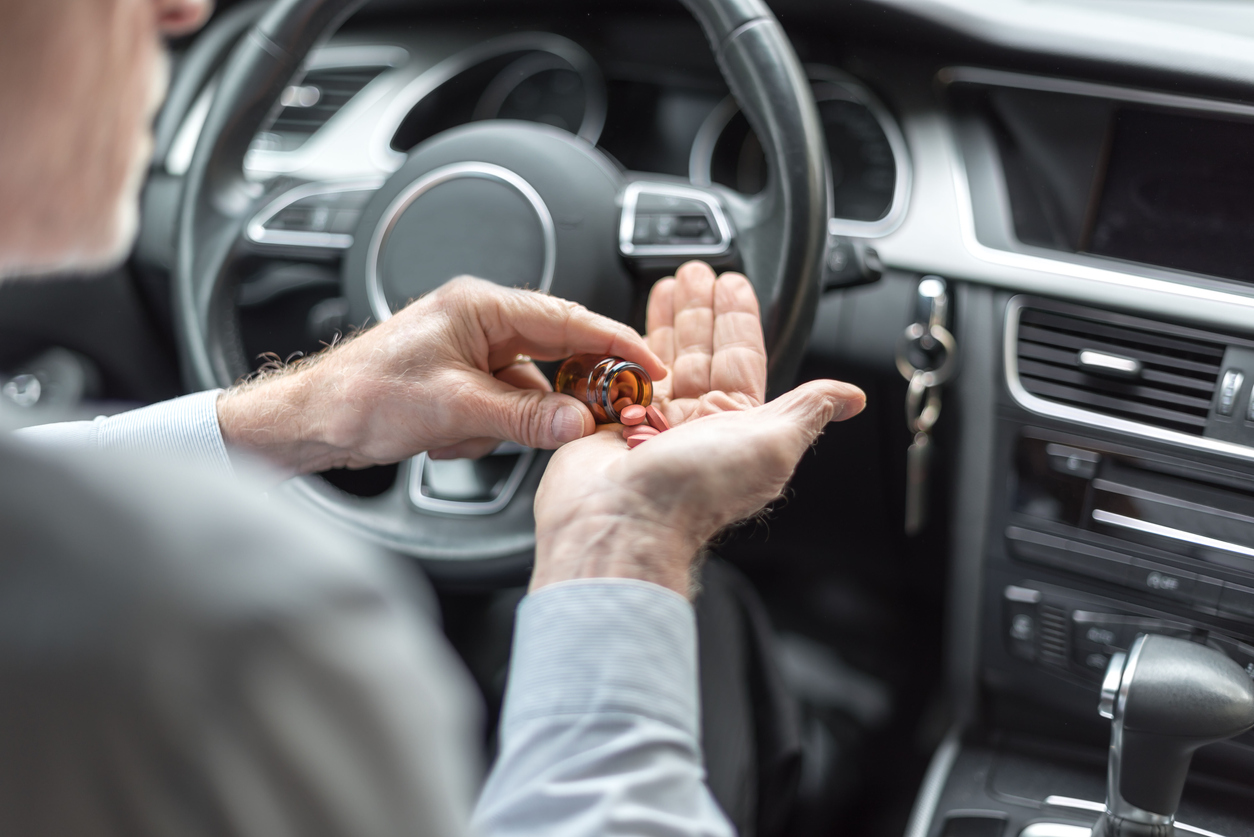According to a Jan. 26 study published in the journal Physics of Fluids, air purifiers may actually make the spread of contaminated respiratory droplets in enclosed spaces worse. In the authors’ model, which looked at respiratory illness transmission rates in a simulated elevator, they found that while air purifiers do move viral particles, they do little to reduce a virus’ transmissibility. “An air purifier inside an elevator alters the air circulation significantly but does not eliminate airborne transmission,” said Dimitris Drikakis, PhD, co-author of the study and a professor at the University of Nicosia, Cyrpus’ Medical School and School of Sciences and Engineering. While a larger number of infected people in a confined space was positively associated with increased transmission rates, air purification methods may still potentially increase the likelihood of new infections, even with low numbers of infected people in a given area. “Our results show that installing an air purifier may increase the droplet spread,” explained Drikakis. However, using an air purifier isn’t the only potentially serious mistake you could be making amid the pandemic; keep reading to discover which other seemingly innocuous behaviors could be putting your health at risk. And if you want to play it safe when you’re out and about, beware that Doing This to Your Mask May Make It Protect You Less, Experts Warn. If you’re in a car with people outside your household, it’s important to not only keep a mask on throughout the duration of your trip, but keep the windows open, too. In August, Anthony Fauci, MD, chief medical adviser to President Joe Biden, said, “Even though the person who’s driving the car and me both have masks on, I keep the masks on and keep the windows open.” However, opening the window next to you may not be the best course of action. According to a research article published in the Jan. 1 issue of Scientific Advances, researchers found that the most effective way to limit person-to-person transmission inside a car is to have the windows furthest from both the driver and passenger open. And for insight into the long-term effects of COVID, check out You May Not Ever Be Able to Do This After Surviving COVID, Study Warns. While wearing a mask may be essential in terms of stopping the spread of COVID, wearing the wrong type of mask could be putting you in harm’s way. According to the Centers for Disease Control and Prevention (CDC), vented masks “may not prevent you from spreading COVID-19 to others. The hole in the material may allow your respiratory droplets to escape.” And for more protective measures to avoid, find out why The CDC Warns Against Using These 6 Face Masks. Whether you’re going to work, school, or the grocery store, it’s hard for most people to completely eliminate all contact with others. However, just because you’re wearing a mask doesn’t mean you have carte blanche to see as many people as you’d like. According to a Jan. 2021 study published in JMIR Public Health and Surveillance, individuals who wore masks regularly but had more in-person contact with others were more likely to develop COVID than those who wore masks less frequently, but saw fewer people. And for the latest COVID news delivered straight to your inbox, sign up for our daily newsletter.ae0fcc31ae342fd3a1346ebb1f342fcb Popping an OTC pain reliever to combat the discomfort associated with your COVID shot may not seem like a big deal, but experts caution against doing so if you want your protection against the virus to last. “We do not recommend premedication with ibuprofen or Tylenol before COVID-19 vaccines due to the lack of data on how it impacts the vaccine-induced antibody responses,” Simone Wildes, MD, a member of Massachusetts’ COVID-19 Vaccine Advisory Group and an infectious an infectious disease specialist at South Shore Medical Center, told ABC News. And for the latest vaccine news, find out why Dr. Fauci Says Doing This After Getting Vaccinated Is a Huge Mistake.



